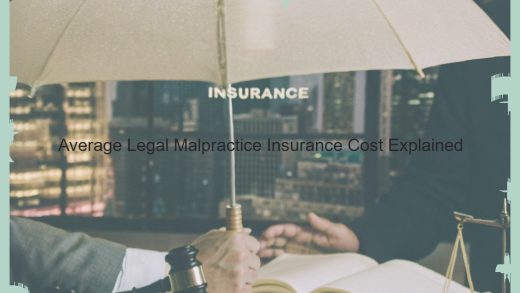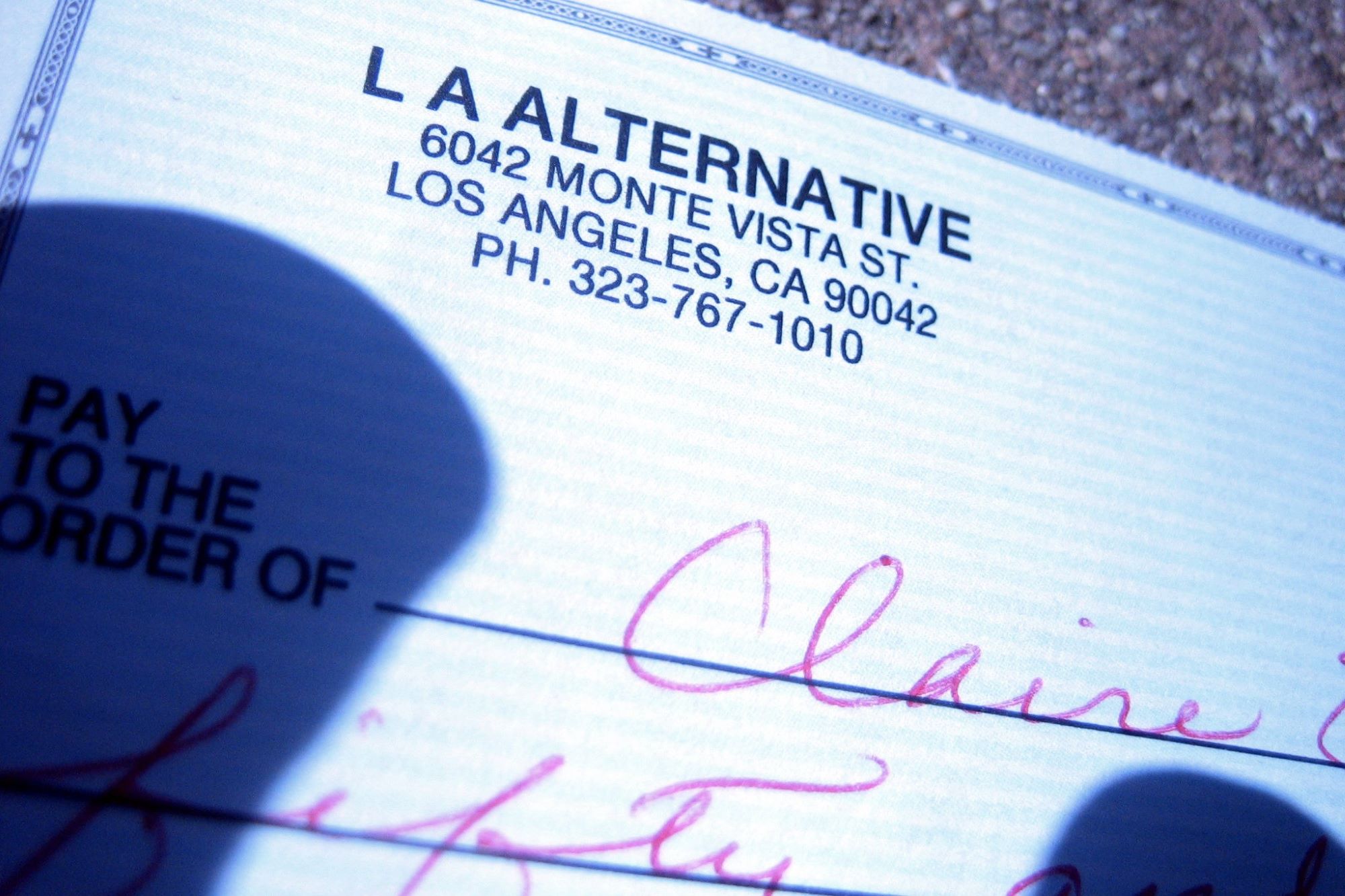Information About Legal Aid in Collier County
Legal aid is a vital resource for individuals and families who cannot afford to hire a private attorney. It provides access to crucial legal services for low-income residents, ensuring that they do not face the complex and often daunting legal process on their own. In Collier County, legal aid plays a key role in helping those in need navigate the various legal challenges that arise in their personal and professional lives. The purpose of legal aid in Collier County—and throughout the United States—is to ensure that everyone has access to justice, regardless of their financial situation. Legal aid organizations provide a range of services, including legal advice, representation in court, and assistance with legal paperwork. They often focus on specific areas of law, such as family law, immigration law, and housing law , and they may limit their services based on the income level of their clients. For residents of Collier County, accessing legal aid can make a significant difference in their ability to secure fair outcomes in legal matters. Without the assistance of a qualified attorney, residents with low incomes may struggle to navigate the complexities of the legal system, putting their rights and interests at risk. Legal aid ensures that these residents have the support they need to effectively address their legal issues. It is essential for residents of Collier County to understand the role of legal aid organizations and the services they offer. If you believe you may be eligible for legal aid, it is important to reach out to a local legal aid organization to learn more about the specific services available in your area.
Qualifying for Legal Aid
Eligibility to receive legal aid in Collier County typically requires that an individual or family meet certain criteria. These requirements often include economic need, focusing on the applicant’s total household income, as well as the types of legal issues that the organization is willing to take up (i.e. employment-related matters, immigration issues, child custody challenges, etc.). Legal aid groups may also factor in an applicant’s legal problem in terms of its complexity, and prioritize cases based on the amount of denial of service requests and the immediate legal needs for those within the community. Florida’s legal aid organizations operate in their respective regions to help address legal devices, including those of a family law nature, with no-charge representation for qualifying applicants. In Collier County, financial requirement thresholds are generally equal to or slightly above the 125 percent mark of the federal poverty line. As suggested below, requirements differ based on the nature of the legal aid sought, and whether the applicant meets the financial criteria set forth by that specific organization.
Legal Aid Services
The Collier County legal aid program offers a wide range of services to support residents’ legal needs. These include essential areas such as family law, helping clients navigate through issues of divorce, child custody, alimony, and property division; family law concerns can be especially complex and emotionally charged. Housing problems also fall within the focus of legal aid, including landlord-tenant disputes, eviction defense, and even foreclosure issues. Other areas of law in which legal aid may provide assistance are consumer rights, estate planning, employment law, and even personal injury matters. Although few things are more stressful than needing to consult with an attorney to handle a legal issue, the feeling you have once it’s all over will be one of relief – especially knowing you had help from a professional who advised you on how to navigate the Florida legal system.
How to Obtain Legal Aid
To begin the process of obtaining legal aid, the first step is to contact one of the local legal aid providers in Collier County. The Collier County Bar Foundation’s offices are located in Naples and Immokalee, and you can call them at (239) 598-6007. In addition to the Collier County Bar Foundation, there are several other organizations that provide legal assistance to those in need, such as Legal Aid of Collier County, Florida Rural Legal Services, and the Legal Aid Service of Collier County.
If you are in need of assistance in finding a legal aid provider, visit the Florida Bar Association website – the Florida Bar is committed to ensuring that all citizens have access to the legal system. The Florida Bar also provides information on local bar associations throughout the state, which is an important advocacy tool for citizens who are in need of legal assistance.
In addition to calling one of the local legal aid providers, you can apply for services online. The Legal Services Corporation offers a directory that can connect you with a nonprofit legal aid organization in your immediate area. Alternatively, you can also call the toll-free Legal Aid Hotline at 1-866-896-4797 for further legal assistance.
In most cases, when you apply for legal aid, some standard documentation will be required. For example, applicants will need to provide any paperwork about the legal matter and any other relevant information that is asked of them during the application process. You will not receive legal aid for matters outside of Collier County, except under limited circumstances. For example, if you are under threat of domestic violence, Florida law allows applicants to seek legal aid anywhere in the state. Because the application process can be time-consuming, it is advised to begin the process early so that you have enough time to locate all documentation.
In most cases, after you apply for legal aid, you will get a reply in two or three days. In some circumstances, those involved in the legal aid process may require additional information, which you will be responsible for obtaining. Keep in mind that those requesting legal aid are turned away if they do not qualify under income guidelines for legal aid services. For those that are approved, they are provided counsel for their legal concerns, that may include advice, representation, assistance in drafting legal documents, mediation services, and prohibited actions against unscrupulous service providers in the area of malpractice.
Local Resources for Legal Aid in Collier County
The Collier County Bar Association’s Pro Bono Legal Aid Service provides legal advice, counsel and representation for low-income residents who cannot afford to hire a private attorney. The Pro Bono Program serves the Collier County community as a member of the Association of Pro Bono Counsel (APBCo). Since its inception in 1993, the Pro Bono Program has represented thousands of clients and served as a model for many other pro bono programs throughout the state and country. Currently the Pro Bono Program oversees 30 programs that represent clients in our community in areas such as guardianships, adoptions, divorces, bankruptcies, domestic violence, wills, paternity, landlord-tenant and homeless outreach. The Pro Bono Program has provided services at over 22 local nonprofits, churches , and government organizations that offer services in Collier County.
Legal Aid Service of Collier County is a non-profit law firm dedicated to equal justice for all in Collier County, Florida. United Way funds much of our work, but donations by concerned citizens, law firms and corporations in Collier County help make it possible. Our staff attorneys, legal staff and volunteers provide legal services to low-income people. We provide direct legal aid services to single parent households, domestic violence victims, seniors, the impoverished and the excluded. Our services are available to the elderly, victims of domestic abuse, disabled children, disabled or elderly caregivers, low wage workers and the homeless. Legal Aid Service of Collier County has been in operation for more than 25 years.
Issues and Solutions to Getting Legal Aid
Residents of Collier County interested in accessing legal aid services often face a series of challenges that can complicate or delay their ability to obtain the representation they need. These challenges can include long wait times, limited appointment availability, and difficulty communicating with staff at the clinics. The following presents some common obstacles to receiving pro bono legal aid and how that can be ameliorated.
Underfunding of legal services in Collier County
Like many towns across the U.S., Collier County struggles with funding issues that make it difficult to provide legal aid services to all those who need them. The undersupply of affordable legal services and pro bono attorneys can lead to a backlog of calls and long wait times, making it particularly challenging for those from low-income backgrounds to get the help they need. Solution: Fortunately, there are a number of organizations, such as the Naples Volunteer Lawyers, that are committed to closing the gap in affordable legal services. By spreading funding across a range of organizations, local residents have a greater chance of connecting with the right source of pro bono aid.
Transportation access
Although Collier County is about 2,500 square miles of relatively wide-open land, many areas are underserved by public transportation. For those who do not have a vehicle and unusual work hours (which can be common among retail and service workers), this lack of transportation can make it difficult to get to the public clinics and appointments. Solution: Pro bono organizations can provide alternative modes of transportation, including bus tokens, ride-share vouchers and coverage for car expenses.
Lack of awareness
Many low-income people in Collier County are unaware that legal aid organizations exist to help them. Ignorance of this fact can lead to residents spending time and money on unnecessary legal processes when pro bono attorneys could have helped them avoid the costly litigation process. Solution: Educating everyone in the community about legal aid organizations, including their services and availability, wisely allocating advertising budgets towards community outreach, getting active on social media and emphasizing the importance of conflict resolution over costly legal processes can all help the community understand the services available to them.
Difficulty finding the right clinic
The sheer number of non-profit organizations providing free legal aid in Collier County can make it difficult for residents to understand where to turn when they’re confronted with a legal problem. Solution: Although there are multiple clinics in Naples and Immokalee, proper coordination of dates, needs and the specific type of legal aid required can ensure that residents are directed to the right clinic.
Success Stories and Impact
The impact of legal aid services in Collier County has been nothing short of transformative for many individuals and families. For John, a low-income worker accused of a crime he did not commit, the pro bono representation provided by a Collier County Bar Association member changed the trajectory of his life. "Without the help of legal aid, I would have been facing serious legal consequences for something I didn’t do," John explained. Now, he is not only free from legal troubles but also advocates for other low-income residents who find themselves entangled in the legal system.
Maria, another Collier County resident, had been in an abusive relationship for years. The help she received from legal aid allowed her to escape her abuser and gain custody of her children. "Legal aid was a lifesaver for me and my family , " Maria said. "I can now focus on building a safe future for my kids." The resources and services afforded to Collier County residents in need are making a difference in the lives of veterans, survivors of domestic violence, and those who have fallen on hard times.
Legal aid services in Collier County are not just having a direct impact on individuals, but also contributing to community stability. For example, pro bono attorneys have taken on cases that ensure low-income families can afford to stay in their homes. "Our housing stability program has represented more than 200 families in avoiding homelessness," explained the colliercountylegalaid.org website.



